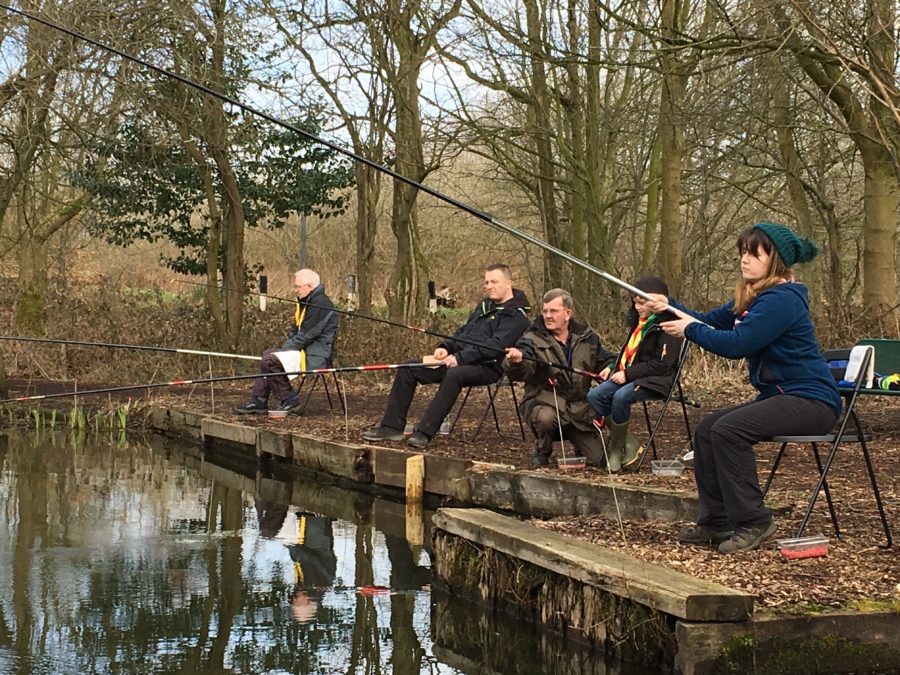
Get Fishing News
Spring Into Coaching – An Angler’s Coaching Journey
Viewed through the lens of “Spring Into Fishing”, an Angling Trust mass participation event held at Boggart Hole Clough, Manchester in March 2018
This article and others can be found in our online magazine “Coaching Angle“.
My role gives me many opportunities to support the deployment or employment of Licenced Angling Coaches and Volunteers, working on events at their own clubs or fisheries, as well as at Angling Trust programmes such as Spring Into Fishing and the AIM and CAST awards. These events are funded by Environment Agency fishing licence income and help thousands of people discover the wonders of angling each year.
When I was asked to pen a picture of how anglers get into coaching, and their subsequent coaching delivery, I chose a typical Spring Into Fishing session as a good example of a mass participation event, attracting over 160 attendees. I decided to interview and record what happened through the eyes and voices of potential coaches, coaches of various levels and even one of our coach educators. This is what they said.
The Prospective Coaches: I’ve been working with King Williams AS (KWAS), who coach new and young anglers on a weekly basis from the lakes at Boggart Hole Park. Like any good organisation, they rarely rest on their laurels, constantly identifying prospective Level 1 coaches from their group of volunteers. I spoke with two from distinctly different backgrounds…
Jamie Clayton, 37, started out by helping as a volunteer bailiff looking after the KWAS waters. As he became more familiar with fellow club members he encouraged several into the specialised area of carp fishing and helped many catch their personal best fish. Jamie told me, “I had such a buzz from helping and seeing others catch fish that I told myself: ‘Now’s the time to take this more seriously and gain a qualification through the Angling Trust’. The Level 1 award is my first goal and I’d like to do the Level 2 as soon as I can after that.”

I asked Shirley Walsh, in her early fifties, why she was interested in becoming a Level 1 coach. “I’ve only been fishing for four or five years, but I really love it. If I’m not out on the bank I get my fishing fix by reading about it, on Facebook or by watching angling on TV. I suppose you could say I’m a dry-land angler if I’m unable to go.” Shirley, already welcomed into the club, said she intends to help with their weekly coaching sessions during the summer season supported by Julia Mottershead, the club’s female lead Level 2 coach.
The Established Coaches: KWAS currently have four volunteers, all of them ready, eager and signing up for one of the Angling Trust’s Level 1 courses, as well as several Level 2 coaches embedded in the club. I caught up with two of the Level 2s at Boggart Clough.

Julia and Duncan Mottershead are a husband and wife team who work on the development of their club by running coaching sessions at Boggart Hole. I asked them how they got into coaching and what their duties are. “The club needed a boost,” Duncan (pictured, left) recalled. “Our committee looked at achieving Clubmark but to do this we needed some coaches attached to the club. We had several members who put their hands up to do a coaching certificate. We ran our Level 1 and 2 courses here at the park in the Café.”
Julia had a different story to how she became involved, saying: “I was volunteering to help with the club’s open days about six years ago. I really liked helping with the coaching and one of our members asked: ‘Why don’t you do the course yourself?’ So I did! I took my Level 2 almost straight away after, which meant our club would always have someone to oversee coaching days.” I asked Julia what goes into delivering a morning’s angling coaching. “On the morning we do a risk assessment, set out the tackle and bait and if we’re using a lesson plan, we’ll share this with our Level 1s and volunteers so that everyone is working on the desired goal.”
I asked Julia and Duncan what they do to put on an event, and what goes into delivering a morning’s angling coaching. Duncan began, “It starts days before really, we have to check all the kit and tackle for wear and tear, make up pole rigs, change elastics, prepare bait for feeding and visit a tackle shop for hook bait.” Julia continued, “On the morning we do a risk assessment, set out the tackle and bait and if we’re using a lesson plan, we’ll share this with our Level 1’s and volunteers so that everyone is working on the desired goal”.
The bigger picture: Before we opened the doors to the Spring Into Fishing event that day, I spoke with Tony Campbell, a fellow Coach Educator. We talked about how it’s difficult to describe your “typical” angling coach, they can be (and are): 17 to 70-plus, male and female, work voluntarily for their club or community, as well as working as professional coaches, usually specialising in a specific field such as fly fishing, match or competition angling, carp, predator or even kayak fishing. If there’s a type of angling then there’s a coach to teach it!

The Environment Agency supports clubs and fisheries to develop angling infrastructure through the Angling Improvement Fund. As part of that, places are made available to run angling “Coaching Bursaries”. Please email us for more information.
Danny
Daniel Williams
Angling Development Officer (North), Angling Trust
daniel.williams@anglingtrust.net
07854 240 368
You might also like
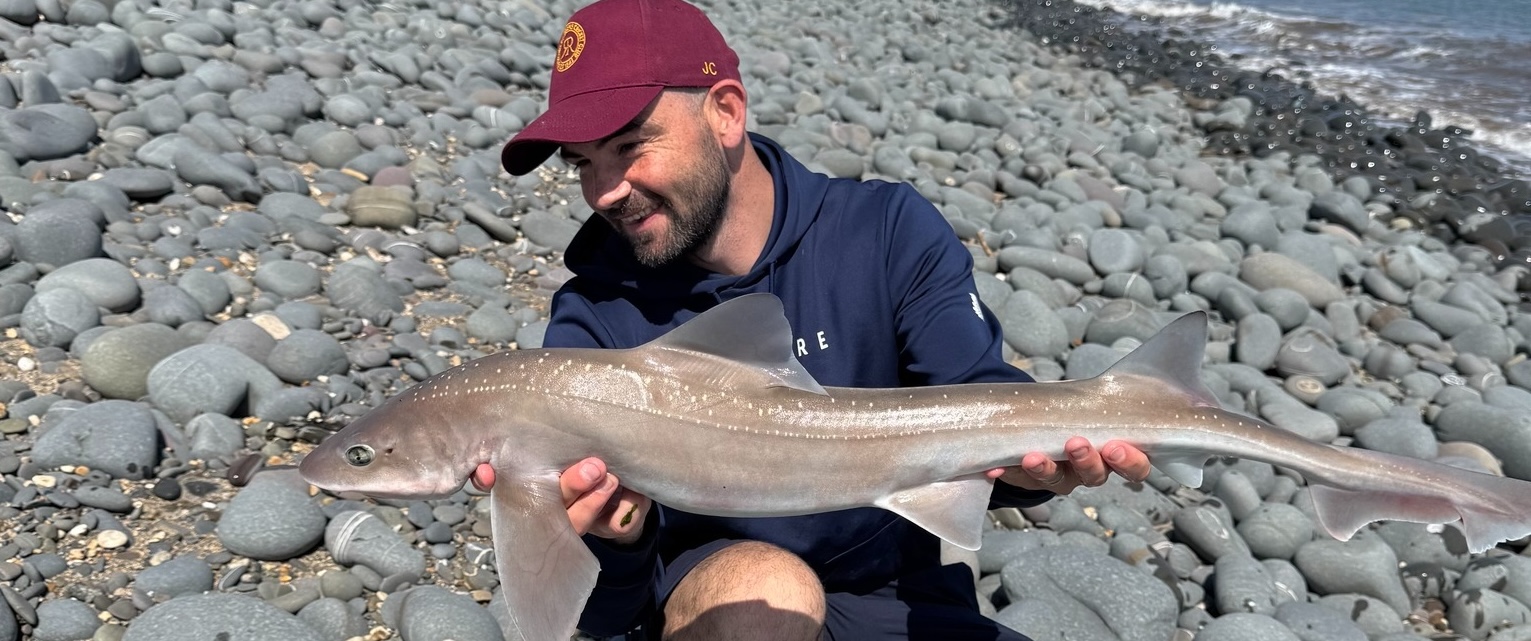
Want to know where to fish whilst on holiday…
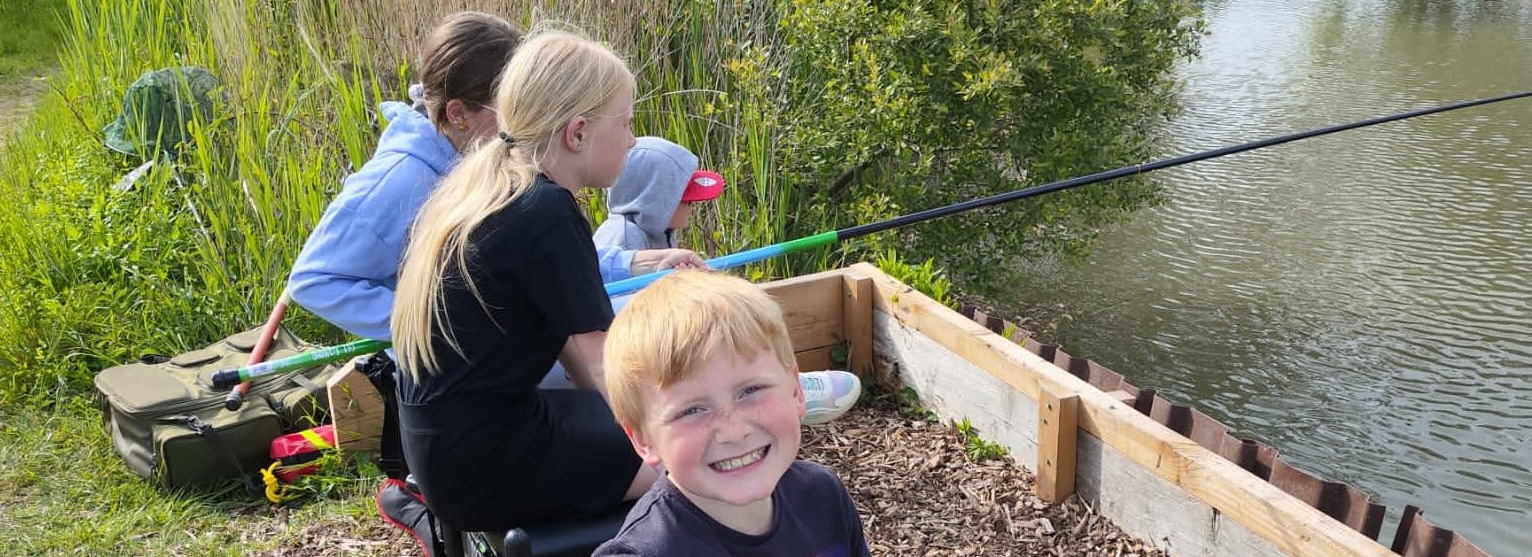
Reel Education is continuing to grow from strength to…
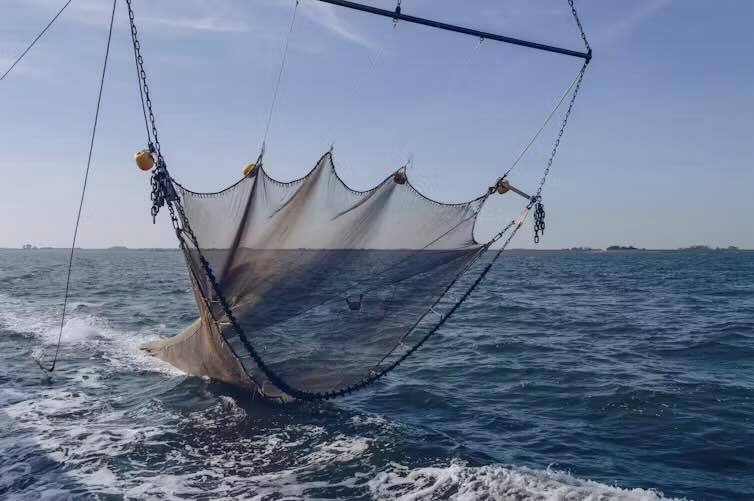
Government Announces Proposed Ban on Bottom Trawling in 41…
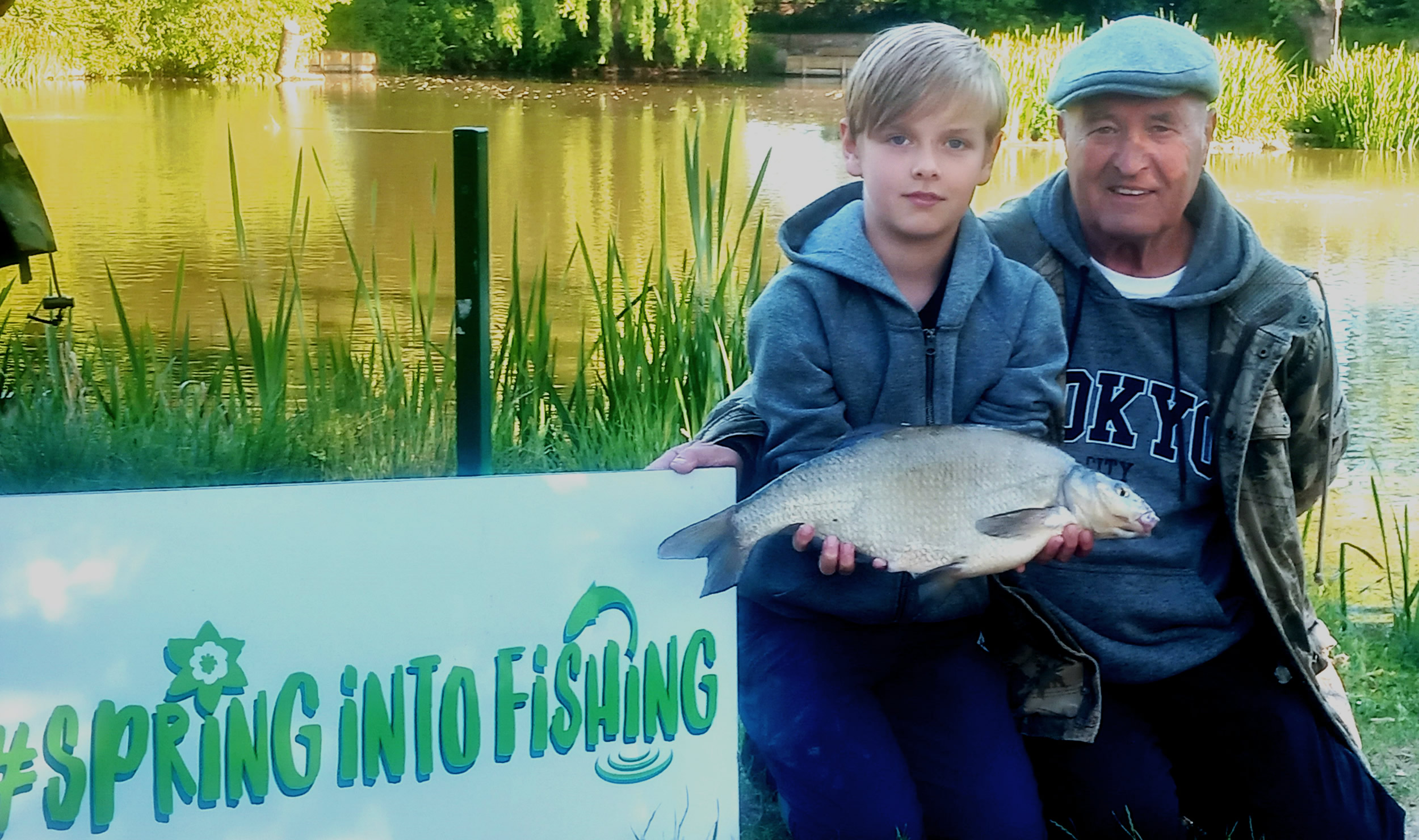
Spring into Fishing – Get Fishing beginner angling events…

Angling Trust Presses Water Commission to Go Faster and…

VIDEO: Alice and her 3 boys have a day…
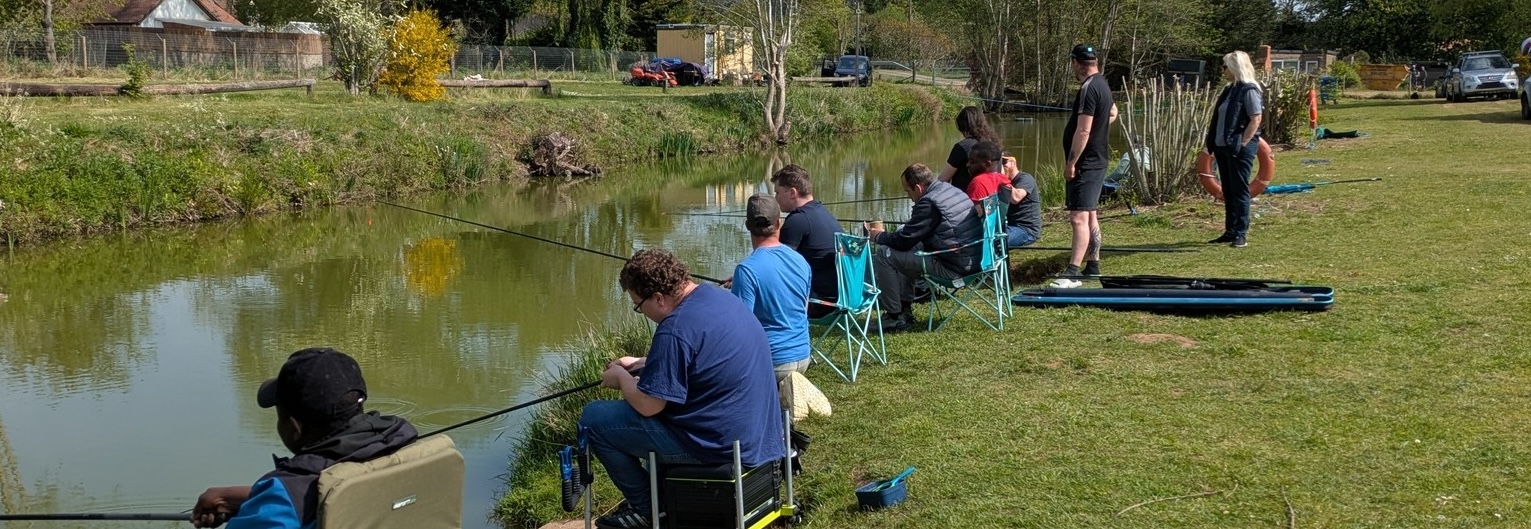
Recovery Rods help boost mental health and wellbeing by…

Teddy is hooked! – back for more fishing and…

Thank you to all our volunteers – you do…

Get Fishing Fund – Funded Project: HACRO were visited…
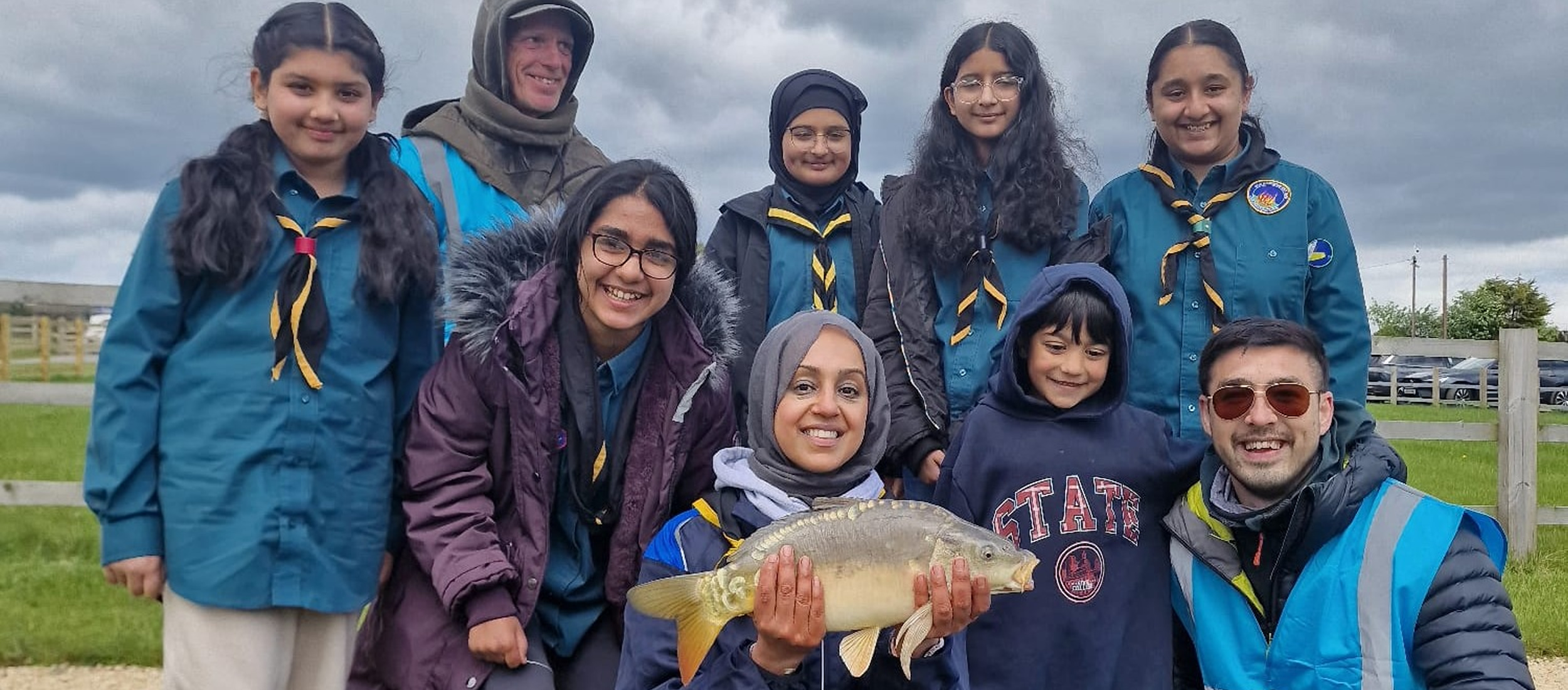
New Horizons had an amazing day taking part in…
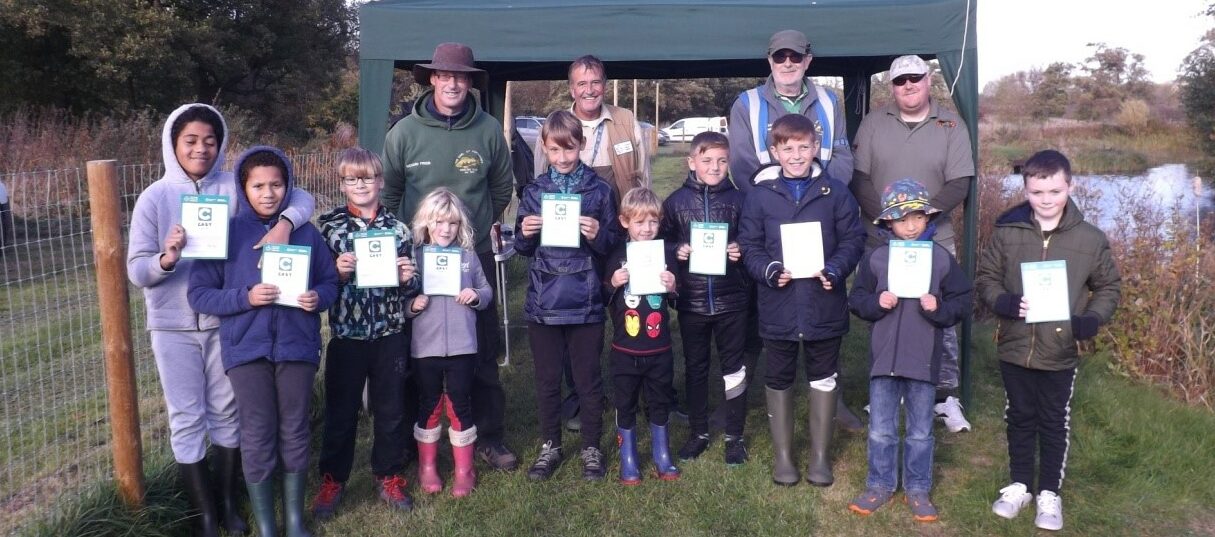
Get Fishing Fund – Funded Project Blog: Steve Clamp…

Want to know where to fish whilst on holiday…

Reel Education is continuing to grow from strength to…

Government Announces Proposed Ban on Bottom Trawling in 41…

Spring into Fishing – Get Fishing beginner angling events…

Angling Trust Presses Water Commission to Go Faster and…

VIDEO: Alice and her 3 boys have a day…

Recovery Rods help boost mental health and wellbeing by…

Teddy is hooked! – back for more fishing and…

Thank you to all our volunteers – you do…

Get Fishing Fund – Funded Project: HACRO were visited…

New Horizons had an amazing day taking part in…

Get Fishing Fund – Funded Project Blog: Steve Clamp…

Want to know where to fish whilst on holiday…

Reel Education is continuing to grow from strength to…

Government Announces Proposed Ban on Bottom Trawling in 41…

Spring into Fishing – Get Fishing beginner angling events…

Angling Trust Presses Water Commission to Go Faster and…

VIDEO: Alice and her 3 boys have a day…

Recovery Rods help boost mental health and wellbeing by…

Teddy is hooked! – back for more fishing and…

Thank you to all our volunteers – you do…

Get Fishing Fund – Funded Project: HACRO were visited…

New Horizons had an amazing day taking part in…









